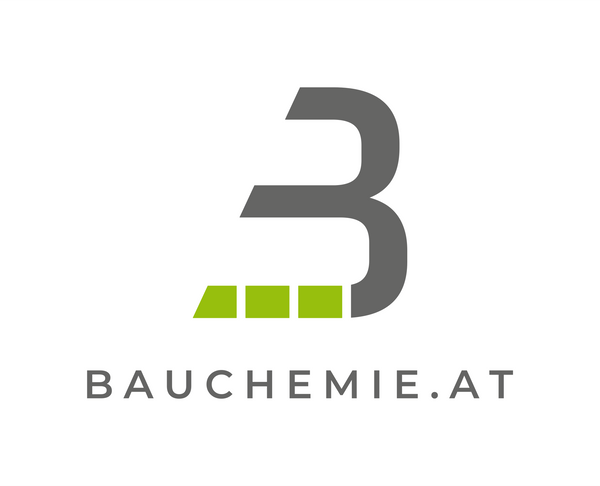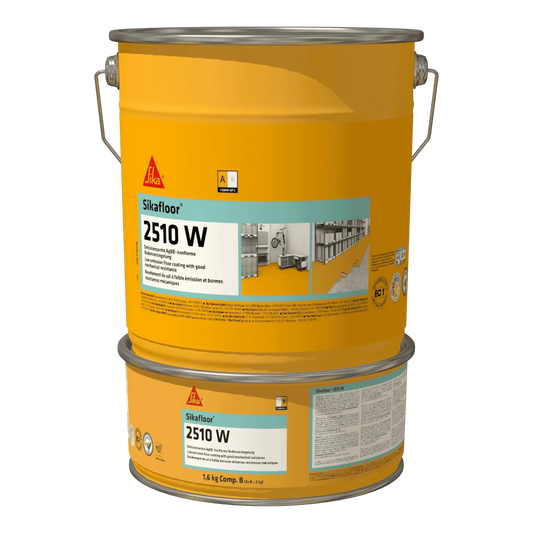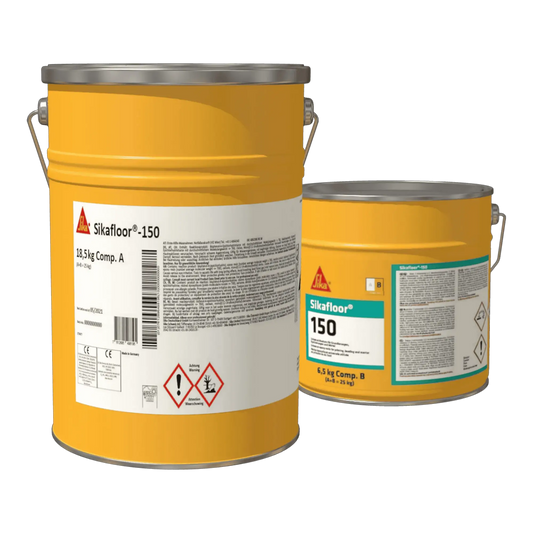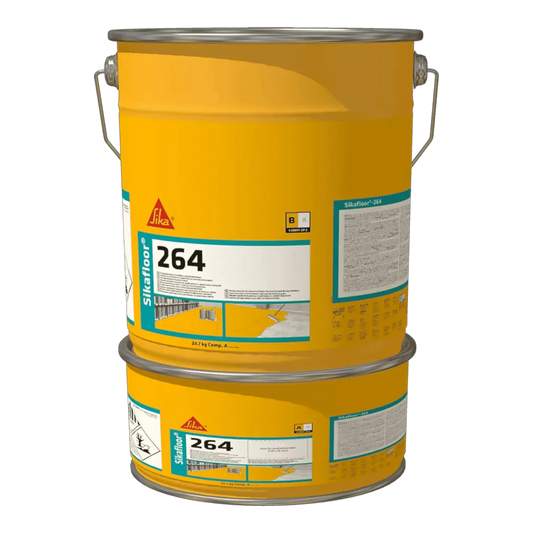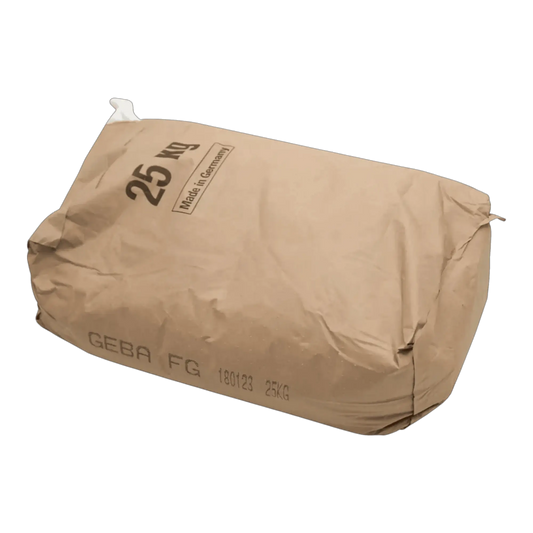
Basement waterproofing made easy: How to keep your basement dry and safe
A dry and secure basement is essential for every building to prevent long-term damage and mold growth. Proper basement waterproofing plays a crucial role in this. There are various methods for effectively waterproofing a basement, both from the outside and the inside.
Basement waterproofing from the outside
Exterior waterproofing is considered the most effective method for keeping moisture out of the basement. This involves excavating the soil around the building to expose the basement walls. The walls are then cleaned and inspected for damage. Finally, a waterproofing layer, such as bitumen or another sealant, is applied. This method prevents moisture from penetrating the masonry in the first place.
Basement waterproofing from the inside
If external waterproofing is not possible, for example due to adjacent buildings or limited space, the basement can also be waterproofed from the inside. This involves using special sealing slurries or injection methods to prevent moisture penetration. This method is particularly relevant in older buildings, where subsequent external waterproofing is often not feasible.
Horizontal barriers against rising damp
Rising damp can be drawn upwards through capillary action in masonry and cause damage. To prevent this, horizontal damp-proof courses are installed. A common method is the injection method, in which special sealants are introduced into the masonry to create a watertight layer.
Products for basement waterproofing
High-quality products are essential for effective basement waterproofing. Here are two recommended products from our range:
MARIS Mariseal 650 Black - 20kg : This highly elastic, bitumen-reinforced polyurethane membrane is ideal for the permanent sealing of foundations, retaining walls, wet areas, and roofs. It is applied cold and cures through exposure to air and soil moisture.
MAPEI Mapelastic 2KR PLUS - 24kg : A two-component, bitumen-free, flexible, and crack-bridging cementitious sealing slurry. It is suitable for sealing basement exterior walls, foundations, and concrete structures. Advantages include rapid curing, high yield, and UV resistance.
Conclusion
Proper basement waterproofing is essential to prevent moisture damage and protect the building structure in the long term. Depending on the specific circumstances and causes of the moisture problems, different methods can be used. High-quality products help keep the basement dry and safe.
